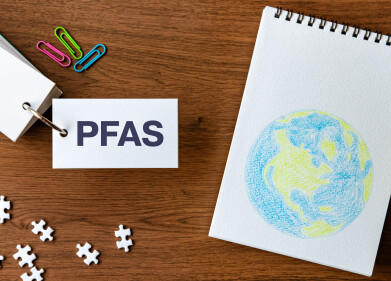HPLC, UHPLC
MS enables liquid-liquid extraction of oil in Gulf of Mexico
Jun 29 2010
Called TETHYS, the system is a compact MS unit being deployed by Woods Hole Oceanographic Institute to determine the biological impact and chemical composition of the leaking oil.
Phillip Taylor, acting director of the division of ocean sciences at the National Science Foundation - which is helping to fund the efforts - explains the importance of the skilled individuals behind the liquid-liquid extraction taking place.
"The effort is another example of research scientists stepping up quickly to address the crucial and challenging questions about the fate and environmental consequences of the spilled oil," he says.
Rig operator BP is facing further obstacles with the news that hurricane activity in the area is likely to delay its efforts to halt the leak.
Events
Apr 22 2025 Kintex, South Korea
Analytica Anacon India & IndiaLabExpo
Apr 23 2025 Mumbai, India
Apr 27 2025 Portland, OR, USA
May 11 2025 Vienna, Austria
May 18 2025 Tempe. AZ, USA












